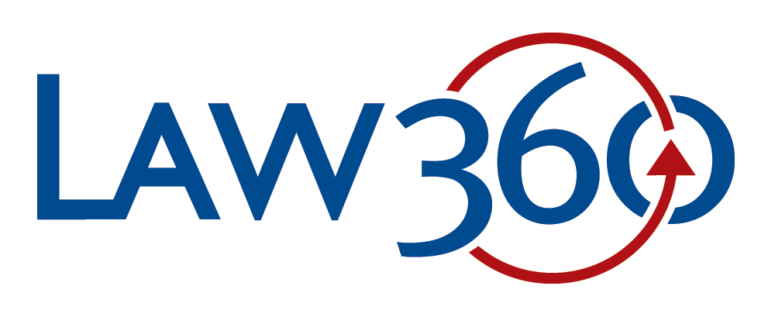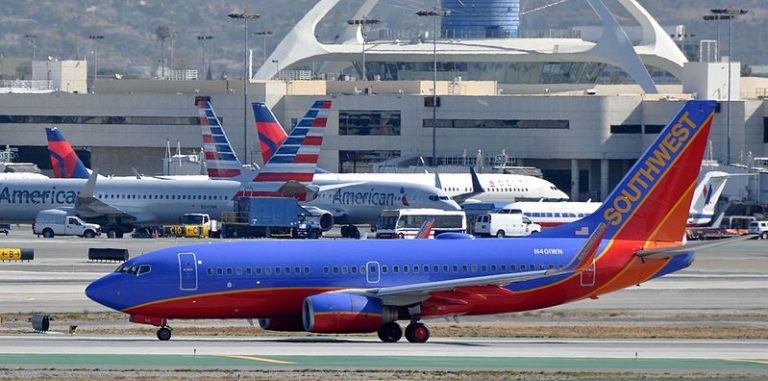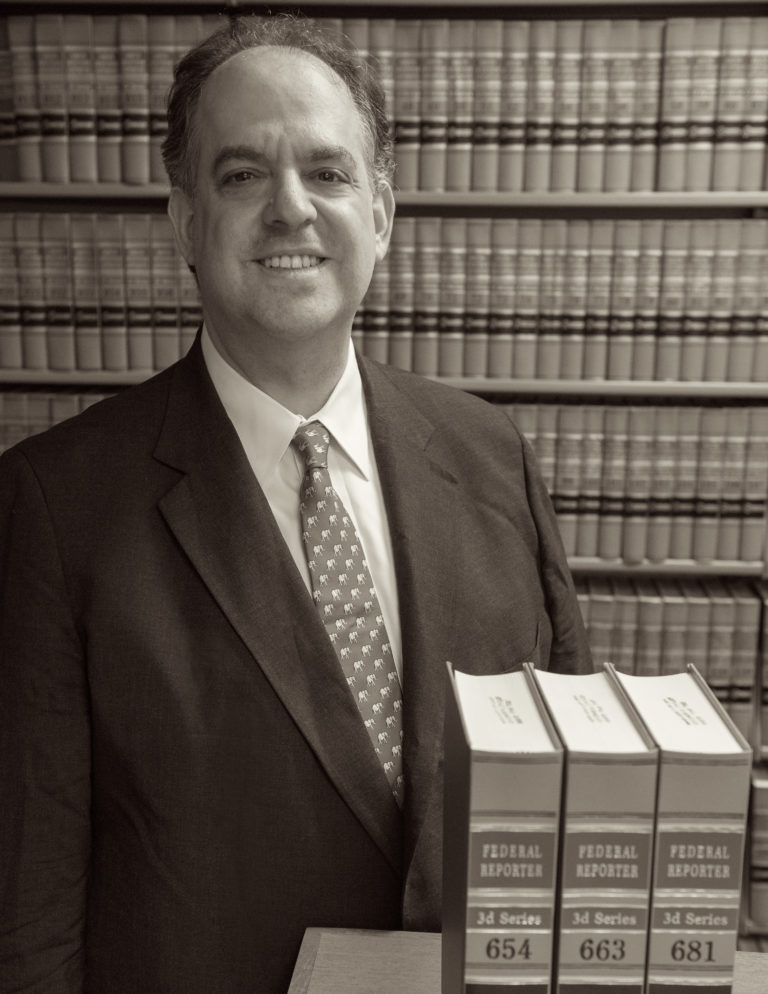Diaper deal that gave $2.73M to lawyers, one-box refund to customers is nixed by 6th Circuit
A federal appeals court has overturned a class action settlement that gave the plaintiffs’ lawyers $2.73 million and Pampers customers with receipts and UPC codes a refund on a box of diapers.










